Eight held for smuggling tobacco goods
CHENNAI: The state police busted a tobacco product smuggling racket with the arrest of eight people on Tuesday. Investigators charged the gang with smuggling banned tobacco products like gutkha from Kerala to many parts of the state and seized a consignment worth more than 6 lakh from Villupuram and Kanyakumari. Police arrested one suspect in Villupuram and seven others in Kanyakumari. The Kanyakumari police and officers of the organised crime investigation unit intercepted an SUV near Asaripallam in Kanyakumari district but its occupants tried to escape. Police teams chased and arrested seven men in the vehicle after finding tobacco products concealed in 27 bags.
Lear More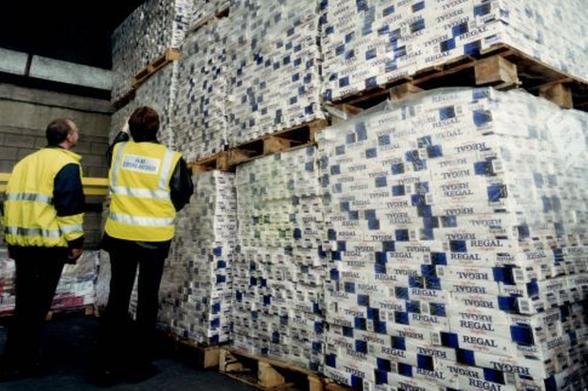
Cigarette smuggling on the fast rise
The cigarette black market has increased very fast in July 2014, up to 17%, compared to 16.1%, in May and approximately 14% at the end of last year, according to the data provided by the company Novel Research. It is the highest level registered during the last three years. The North-Eastern Region continues to be the area mostly affected by the illicit cigarette trade, although this region of the country is the only one where the black market dropped in July (by 7.8 p.p., down to 34%). Significant increases are registered in Bucharest (plus 3.1 p.p., up to 15.8%) and in the West (plus 3 p.p. up to 26.1%). As related to the origin, according to the stamp applied on the pack, the “Cheap Whites” continue to have the highest rate on the black market, being on the rise compared to May (plus 11.2 p.p. up to 50.6%.). The products bearing stamps from Ukraine and Moldova continue to have significant rates (16.4% and respectively 20.8%), however, they are lower than in May”, has stated Marian Marcu, the Manager of the company Novel Research.
http://actmedia.eu/daily/cigarette-smuggling-on-the-fast-rise/53765
Lear More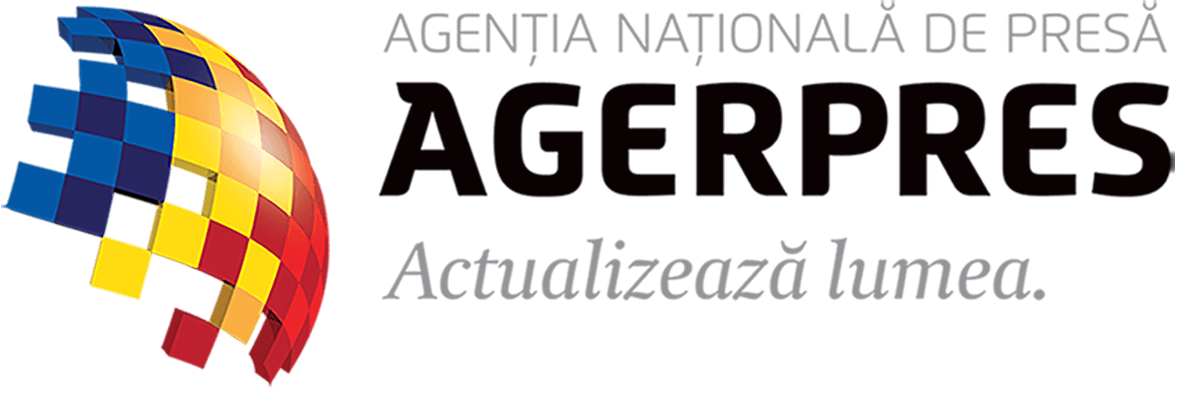
Romania-Rep. of Moldova joint customs operations reduce cigarette smuggling in north-eastern Romania
The Romania-Republic of Moldova joint customs operations led to a decrease in the cigarette smuggling in north-eastern Romania, the Customs General Directorate (DGV) informed on Wednesday. A Novel Research study released on Tuesday had showed that the cigarette black market has been on a rising trend in July 2014, reaching the highest level in the last three years
Lear More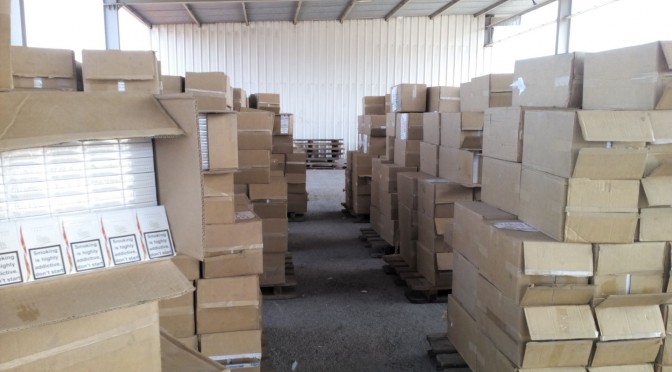
Terrorists, Tyrants, And Tobacco: How The Illicit Cigarette Trade Fuels Instability In The Middle East
The sea is the circulatory system of the world economy, through which the economic blood of trade, ideas, and information flows. At odds with this healthy economic lifeblood are the pathogens of theft, corruption, and illicit trafficking. In addition to patently illegal contraband, such as narcotics and weapons, numerous illicit goods move through the maritime transportation system, avoiding taxes and undermining legitimate trade. Tobacco is one of the most commonly smuggled illicit goods around the world.
Lear More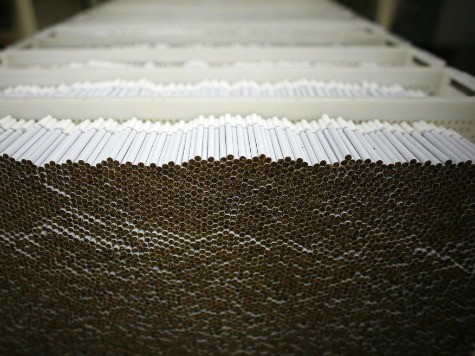
Higher cigarette taxes boon to organised crime
Higher taxes aren’t generally a path to economic growth and job creation. Higher cigarette taxes, however, are increasingly boosting at least one sector of the economy, organized crime.
‘Smuggled cigarettes have become the new currency of organized crime, and a lot of these criminal organizations are finding that it’s more profitable than illegal narcotics,’ Rich Marianos, the retired Assistant Director of the Bureau of Alcohol, Tobacco and Firearms, recently noted.
Marianos said that black market tobacco smuggling has become “a high-profit, low-risk criminal enterprise. Compared to drug offenses where there’s a mandatory minimum sentence, there’s no penalties out there for the cigarette trafficker.”
http://www.breitbart.com/Big-Government/2014/08/20/Higher-Cigarette-Taxes-Boon-to-Organized-Crime
Lear More
Expert raises concerns cig. tax could increase smuggling
A former assistant director of the federal Bureau of Alcohol, Tobacco and Firearms says if state lawmakers approve a new cigarette tax for Philadelphia, smuggling could become a problem. Richard Marianos worked for more than twenty years on investigations of gangs and firearm trafficking operations, among other things. He believes that if lawmakers approve a $2 per pack tax as proposed, criminals will see an opportunity to sell cigarettes illegally on the streets. “They’re being sold on the black market to avoid taxes or they’re being sold on the black market to increase more criminal revenue and support more parts of a criminal organization.” “They will take the profit margin and they can invest more money in their narcotics trade, they can trade for more guns, and they can finance more criminal activity for the amount of money that they would be making.”
http://www.witf.org/news/2014/08/expert-raises-concerns-cig-tax-could-increase-smuggling.php
Lear More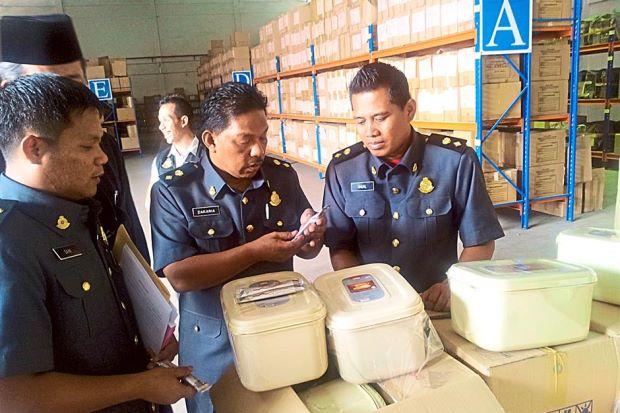
Premixed coffee seized in raids
KOTA KINABALU: The Domestic Trade and Consumer Affairs Ministry has crippled an operation distributing fake premixed instant coffee. The ministry’s enforcement chief Suhaimi Mat Sari said nearly 40,000 sachets bearing imitations of the popular Tongkat Ali with Ginseng by CNI Global (Malaysia) Sdn Bhd were seized from several premises here on Friday. He said samples of the premixed coffee with a value of nearly RM60,000 would be sent to the Chemistry Department for analysis. “We believe this operation has been going on in Sabah for six months,” Suhaimi said, adding that the fake products are mainly being sold in coffee shops.
Lear More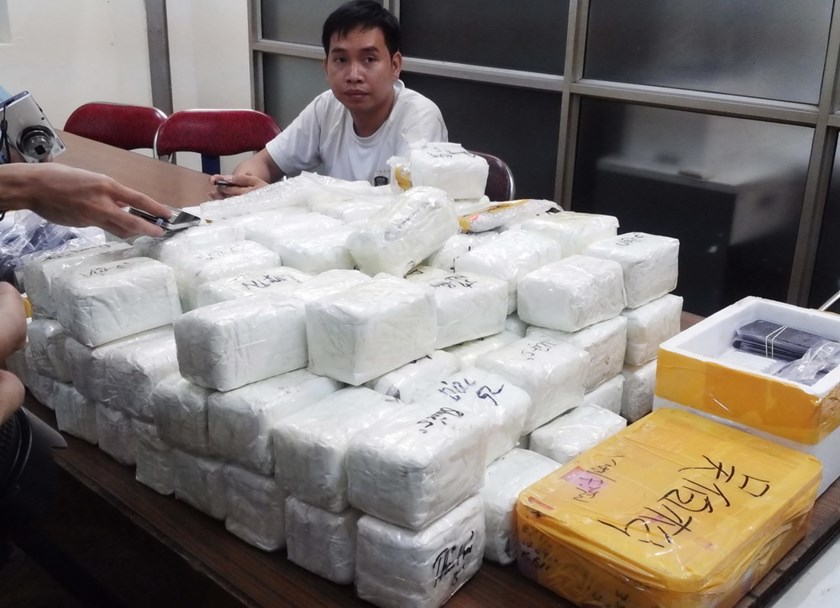
Corrupt, chaotic market management turns Hanoi into hub for smugglers
Ineffective law enforcement has turned Hanoi into a smuggling hub where counterfeit products are produced, consumed and transited. During a conference on the matter held Thursday in the capital, Nguyen Duc Chung, director of the Hanoi Police, said scores of forgers operate in the city, which is also a waypoint for smuggled goods moving south from China and Thai knock-offs moving north from the road through Laos. Hanoi police recently seized 60 tons of traditional medicine and nearly one ton of firecrackers smuggled from China.
Chinese tobacco has been spotted in Hanoi slapped with stickers from the local brand Vinataba. Chung said groups of vendors operating in major markets in the capital (such as Dong Xuan and Ninh Hiep) make direct orders for Chinese counterfeits over the phone. The goods are smuggled via rail or truck with help from fake companies operating along the border.
Lear MorePrescription drug wholesaler pleads guilty to smuggling counterfeit cancer drugs
The FDA recently reported that the owner of a Turkish drug wholesaler has pleaded guilty to charges of smuggling misbranded and adulterated cancer treatment drugs into the United States. Sabahaddin Akman, owner of the Turkish firm Ozay Pharmaceuticals, pleaded guilty in the U.S. District Court for the Eastern District of Missouri, to smuggling counterfeit cancer drugs including multiple shipments of Altuzan, the Turkish version of bevacizumab (Avastin, Genentech).
The drugs did not meet FDA standards and had not been approved for distribution in the United States. The FDA’s Office of Criminal Investigations organized an international investigation that led to Akman’s arrest in Puerto Rico in January 2014. The investigation identified Akman and his company as a source of Altuzan.
Lear MoreGibraltar Government hits out at ‘sensationalist’ reporting of EU tobacco smuggling report
FAKE TV scenes depicting tobacco smuggling in Gibraltar have been slammed by the Gibraltar Government, following the uproar over an EU report. According to the anti-fraud office OLAF’s report, tobacco smuggling on the Rock cost the EU €700 million in tax revenue between 2010 and 2013. Spain’s High Court has opened up an official investigation, following the recommendation of the 400-page report, sent to the Spanish and UK governments. “There are reasons to believe that tobacco smuggling and money laundering that affect financial and other interests of the EU have been committed in Gibraltar,” concludes the report.
Lear More


